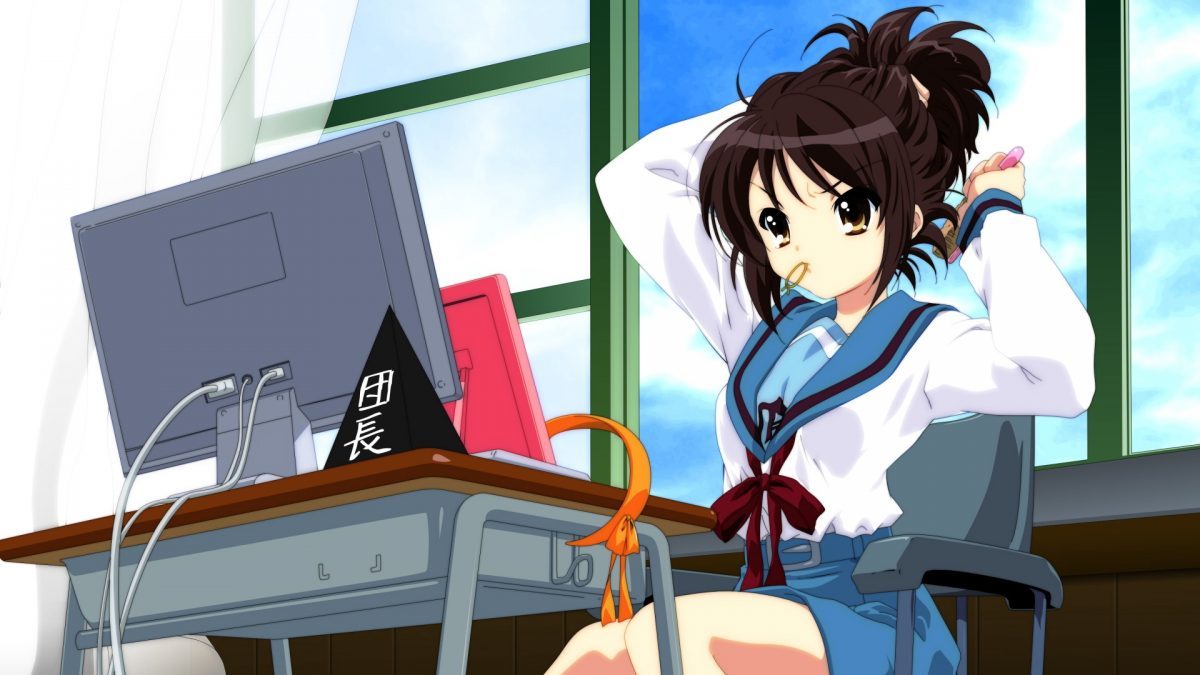I like to read sci-fi novels with mind-bogglingly big ideas in them. One series I enjoyed was the Uplift Saga books by David Brin, which described a galactic society of races that gained status in each others’ eyes by discovering pre-sentient life and “uplifting” them to intelligence. There were two fundamental forms of life in the books, oxygen-breathing types like humans and hydrogen-based life that lived inside gas giants and stars, and the great differences between these two groups meant that they could never interact but must exist side by side instead. Sometimes I feel this way about the Japanese and the English web: both are vibrant, constantly inventing new mini-trends and memes and fads, yet they’re largely separated by the Great Wall of Language. Most Japanese people will instinctively click away from an English page they happen to land on, perhaps as a result of being forced to study it for all those years in school; likewise, most native English-speakers I know won’t spent a lot of time trawling Japanese-language websites unless they’re there for a reason. They come together at certain points, of course — YouTube is a good example of a bridge that has joined the two halves nicely — but by and large, English-speaking web surfers will tend to be more familiar with the latest “I Can Has Cheeseburger” cat jokes while Japanese fans watch videos of computer-generated vocal idol Miku Hatsune singing while waiving her leek back and forth.
‘My Happy Marriage’ is a Serotonin Boost For Your Brain
There are so many worthwhile anime series for fans to enjoy each season it can be easy to miss one....
















